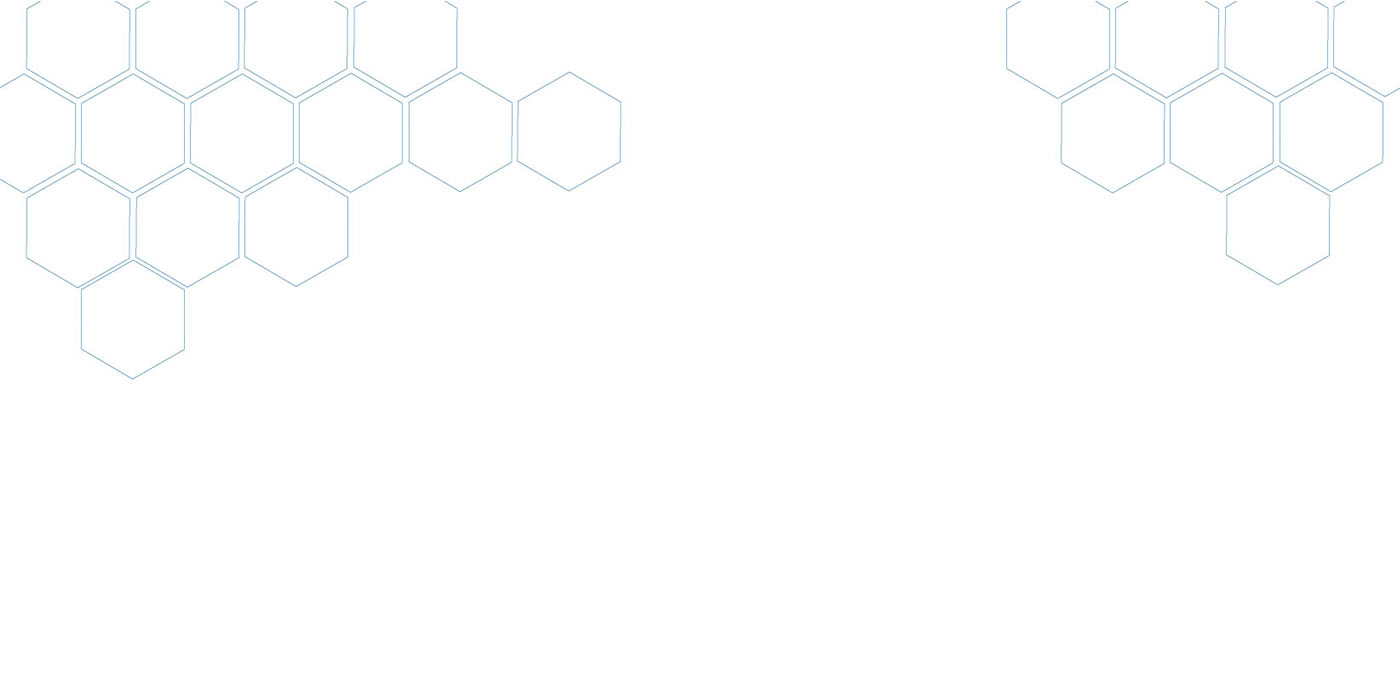As Teachers, Do We Fear Failure?
Sarah Lamphier - Instructional Science Coach, Trustey STEM Teaching Fellows

My fourth-grade teacher’s classroom walls were cluttered with educational and motivational posters that she had collected over the years. Most vivid in my memory is one with dramatic mountain peaks colored by the sunrise, the word “success” looming large in the foreground. I don’t remember the rest of the quote or its author, but the message of success as the ultimate goal—the mountain summit—came across loud and clear. A few decades later and now on the other side of the desk, I see this emphasis on success as misguided at best. In fact, I would argue that failure is worth much more effort and offers more value in STEM classrooms.
I ultimately want my students to learn, and we know from the earliest stages of development that repeated failure is a powerful learning tool. An infant tries hundreds of times to roll over before achieving success; my son keeps failing to ride a two-wheel bike successfully, but eventually his body will learn how to coordinate its movement and balance just right; Thomas Edison failed hundreds of times before he made a functional light bulb. In current educational language we call this a growth mindset, and many of us explicitly help our students adopt it: the attitude that every failure is an opportunity for growth.
But do we as teachers operate from a growth mindset in our own craft? Are we as open to learning from our professional challenges as our students are from theirs? Several months ago I was teaching a lesson on fraction division when my department chair unexpectedly entered the classroom; I actually started stumbling over my words, I could feel my heartbeat quicken and my palms get sweaty. Afterwards I wondered how on Earth another adult in the classroom could make me so nervous. What was I afraid of? I suspect that on some level, I worried my colleague might witness a teaching strategy that fell flat, or a moment where students were confused, and my ruse of being a successful teacher would finally be exposed.
I can laugh at this story now, but my work as an instructional coach has shown me it is an experience that resonates deeply with many teachers. Since we rarely practice our craft in front of colleagues, it’s unsettling to share what goes on in our classroom with other adults. For the most part, the profession of teaching does not have a culture of making our work public for the sake of growth. Yet this growth mindset with a public element is baked into the culture of many other professions: doctors, lawyers, scientists and engineers are used to working in front of peers and using peer feedback to better treat a patient, argue a case, collect data or improve a design.
What if, instead of feeling threatened, I viewed my colleague’s impromptu observation as a rare and valuable opportunity for real feedback to improve my instruction? What if the rest of the teachers in my building threw open their classroom doors and actually sought out peer feedback? How might student learning benefit from this change in culture? To borrow the words of historical innovator Henry Ford, “Failure is the opportunity to begin again, only this time more wisely.” It’s exciting to imagine a future where both students and teachers adopt a growth mindset, where our motivational posters bold words like “failure” and “opportunity,” and highlight valleys rather than peaks.


